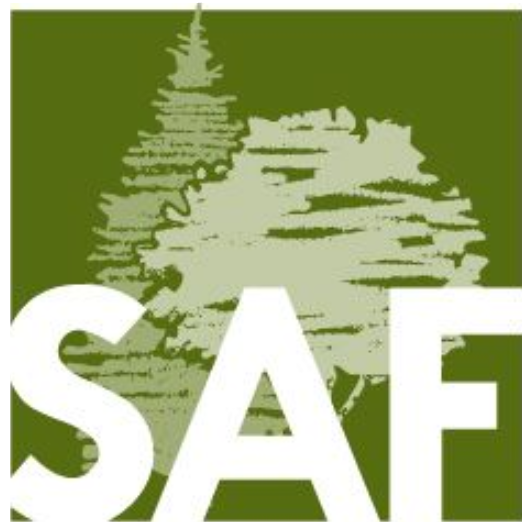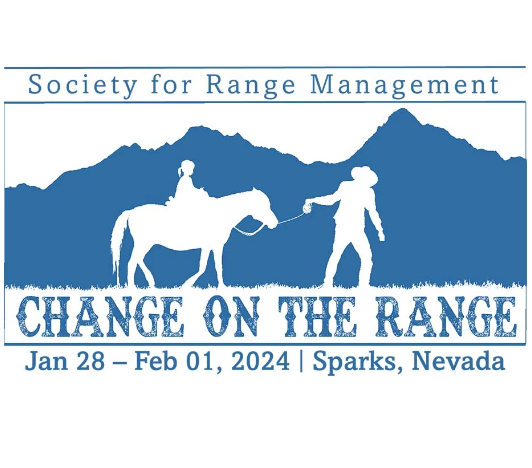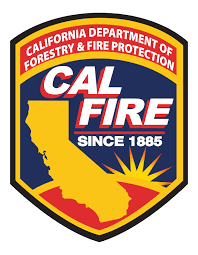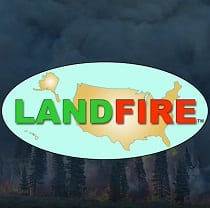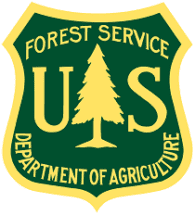Events
Events
-
-

Developing a next-generation wildland fire intelligence platform
Webinar recording. There is a compelling business case for additional investment in enhanced data acquisition and analysis to better assess the safety and effectiveness of wildfire management. As a result…
-

Wildlife and fire in the Southwest
The Southwest Climate Adaptation Science Center, USDA Forest Service, and many other organizations are hosting a yearlong series of workshops and webinars to advance wildlife management relating to fire in…
-

Linking heterogeneity at the WUI to wildfire dynamics
Webinar recording. The complex interactions between atmospheric and fire-induced winds are a persistent obstacle to accurately predicting wildfire front behavior. There are a multitude of wildfire spread models, with one…
-

Society for Range Management – 2024 Annual Meeting
Visit conference website. This year's meeting will be January 28-February 1, 2024 in Sparks, NV.
-

SCIENCEx webinar series
Webinar recording. SCIENCEx will resume in 2024 with SCIENCEx Genetics! January 29th - February 2nd, 2024
-

Natural Range of Variation (NRV) in the montane conifer forests of southern California
Webinar recording. We conducted a natural range of variation (NRV) assessment of montane conifer forests in the Transverse and Peninsular Mountain Ranges of southern California. Using current and historical literature…
-

Assessing ecological integrity and estimating ecological outcomes: Overview of the terrestrial condition assessment
Webinar recording. In this LANDFIRE Office Hour, USFS Ecologist Sarah Anderson discusses the behind the scenes operations of the Terrestrial Condition Assessment (TCA). She explains the model design and indicators…
-
-

Wildfire risk and mitigation opportunities in the US sagebrush biome (and more seminars from RMRS Fire Lab)
In 2024, there were five Thursdays in February. To celebrate this rare event, the Fire Lab is hosting a series of five seminars that highlight new tools and research for…
-

Landscape restoration and plants: SCIENCEx genetics series
Webinar recording. Introduction – Vicky Erickson An updated approach to generalized seed transfer strategies – Elizabeth Milano Managing for genetic resistance to white pine blister rust – Anna Schoettle Restoring…
-

Wildfire smoke: Knowns and unknowns
Webinar recording. Topic: Wildfire Smoke and Human Health - The Knowns and the Unknowns Presenter: Sarah Henderson How does wildfire smoke affect our health? Learn about what’s in wildfire smoke,…



